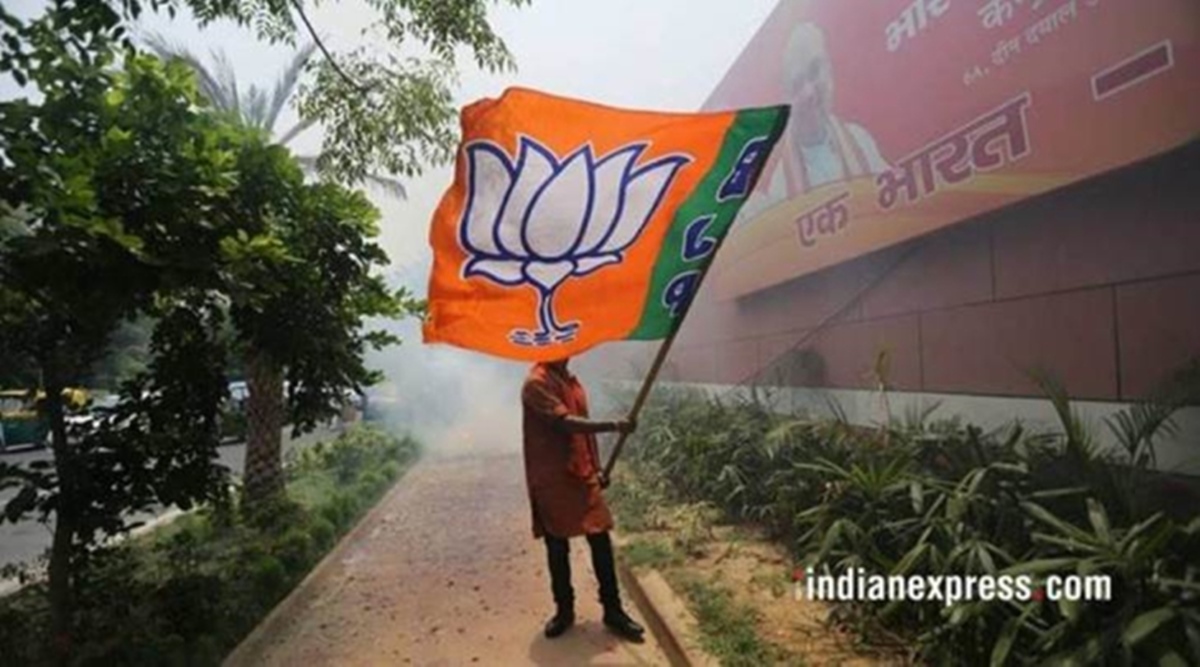UK court clears extradition of Nirav Modi, says he has a ‘case to answer in India’
Landing a major blow to fugitive diamantaire Nirav Modi, a UK court Thursday ruled that a prima facie case has been established against Modi and that he has a case to answer for in India.
The Westminster Magistrates’ Court in London will deliver on Thursday an order on the extradition of fugitive diamond trader Nirav Modi, who is accused of routing transactions of about Rs 13,600 crore through fraudulent Letters of Undertaking (LoUs) of Punjab National Bank (PNB) along with his uncle Mehul Choksi, to India.
Both Nirav and Mehul had left India in the first week of January 2018, weeks before the scam was revealed.
Apart from giving the first order on his extradition, the court will also decide if he should be granted bail. Over the last two years, the Magistrates’ Court has rejected his application for bail five times, and the High Court has done the same twice. He was arrested in March 2019, and he is currently lodged in Wandsworth prison in southwest London.
Today’s order will be the first assessment of the allegations of fraud against him, and will test the quality of the evidence submitted by the CBI and the ED. The order will lay the foundation for the extradition battle in the UK between Nirav Modi and Indian investigators who have been on his trail since February 2018, when the PNB scam came to light.
Modi is the subject of two sets of criminal proceedings, with the CBI case relating to a large-scale fraud upon PNB through the fraudulent obtaining of LoUs or loan agreements, and the ED case relating to the laundering of the proceeds of that fraud. The ED has alleged that Modi diverted over Rs 4,000 crore of the Rs 6,519 crore outstanding fraudulent LoUs issued by PNB to his firms, through 15 “dummy companies” based in the UAE and Hong Kong.
He also faces separate criminal proceedings in (i) a CBI case related to the alleged PNB-LoU fraud, and (ii) an ED case on the laundering of the proceeds of the alleged fraud at PNB. Based on the ED’s complaint, Nirav Modi is also facing charges of “causing” evidence-tampering and “criminal intimidation” of witnesses.
The fugitive diamond trader has, however, denied any wrongdoing and has told the UK court that obtaining LoUs is standard practice for companies.
His lawyers have submitted legal opinion from retired High Court judges and legal experts in India, stating that the charge of cheating is not made out, as CBI has stated that PNB officials were “hand-in-glove” with Nirav Modi in issuing LoUs. The lawyers have also submitted legal opinion on the issue of destruction of evidence and intimidation of witnesses by Nirav Modi.
As part of arguments against extradition, they have said that Nirav Modi suffers from severe depression.
On January 8, the court heard detailed arguments from both sides about why Modi’s deteriorating mental health condition does or does not meet the Section 91 threshold of the Extradition Act 2003 which has most recently been used in the UK to block the extradition of Wikileaks founder Julian Assange on the grounds of it being unjust and oppressive as he is a high suicide risk.
As in the Assange case, the issues here evidentially are the same the mental condition of Modi and the treatment he would receive given the prison conditions in India, said Montgomery, pointing to her client’s severe depression and risk of suicide due to his lengthy incarceration since March 2019 and called for his discharge.
The CPS challenged the defence stance to say that the two cases were of a completely different nature and instead sought an adjournment in the event that Section 91 was to be engaged, to allow an independent evaluation of medical records by a consultant psychiatrist and appropriate assurances be acquired in terms of his care in India.


